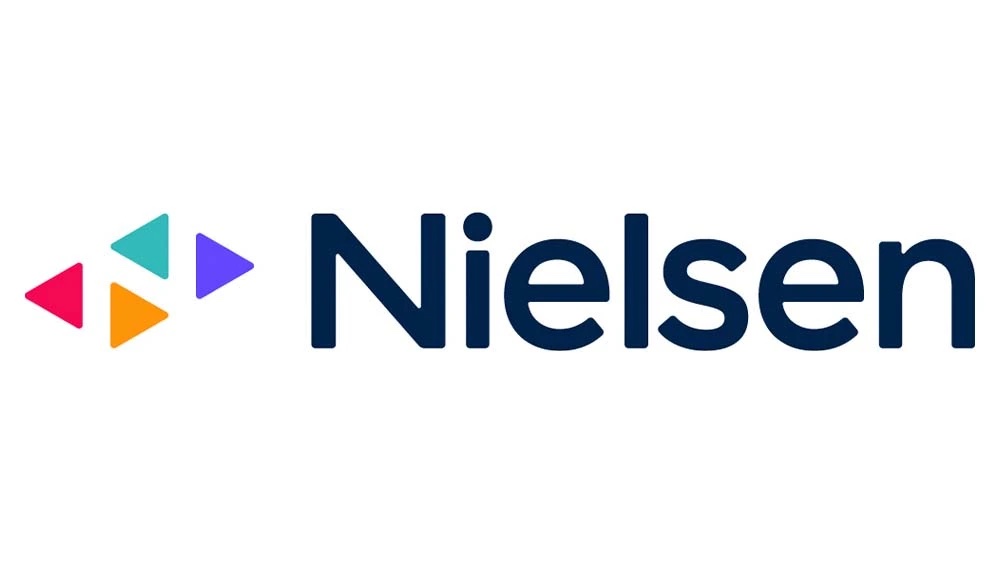DTV buildout
May 1, 2002, is the deadline for commercial stations in the top-30 markets to complete construction of their DTV facilities. In the past the FCC has granted time extensions to broadcasters who have had DTV transmitter site problems. NAB reported last year that 21 stations in the top-30 markets experienced problems that required extending their Nov. 1, 1999, deadline. Here is a summary of the problems that led to the extensions:
- New York: Two stations experienced delays in negotiating with the World Trade Center for tower space.
- Chicago: Two stations could not meet the deadline because they were unable to reach lease deals with the Sears Tower. Another station experienced technical problems when its signal interfered with cable boxes.
- Seattle: One station missed the dead-line because of equipment delivery delays.
- Minneapolis: Three stations were unable to complete construction because of winter weather. Also, an analog tenant had not vacated one of the sites.
- Miami: One station failed to meet the deadline because of FCC delays in approving a site change.
- Denver: Local zoning authorities refused to approve towers for two stations at Lookout Mountain, and a third station went on the air with low power from another location.
The professional video industry's #1 source for news, trends and product and tech information. Sign up below.
- Pittsburgh: One station did not meet the deadline because it needed a new tower and new equipment.
- Sacramento: A one-year delay was caused by problems in obtaining equipment.
- St. Louis: Equipment delays postponed one station's DTV operations for one year.
- Orlando: Three stations were delayed for more than a year because of zoning and FAA issues.
- Hartford: Two stations were delayed because of zoning, tower space and potential interference with an analog station.
- Raleigh-Durham: Hurricanes delayed the construction of DTV facilities with one station's delay reaching more than a year.
As the above cases indicate, time extensions have been granted where antenna sites have been unavailable, equipment deliveries have been delayed or where other factors beyond the control of the licensee have prevented construction. Economic hardship is not considered a valid reason for an extension.
FCC rejects "dual-carriage" rights for DTV The FCC has tentatively ruled that cable systems will not have to carry both DTV and analog signals of the same television broadcaster. However, once a TV station turned in its analog channel and continued on a digital-only basis, must-carry rights would be available but for only one DTV "primary video" channel. This means that stations choosing to multicast several streams of programming would be limited to one channel on local cable systems. The Commission's decision on dual carriage will be revisited in connection with further deliberations in the DTV cable carriage docket.
Many observers view the Commission's delay in dealing with the DTV must-carry issue as a primary impediment to the implementation of DTV. The decision to back away from dual carriage and to require carriage of only a single DTV channel is expected to create further delays and uncertainty.
FCC studies interactive TV The FCC has adopted a Notice of Inquiry on interactive television ("ITV") services. The FCC said that comments filed in the AOL-Time Warner merger proceeding raised the possibility that a vertically integrated cable operator / ITV services provider could discriminate in favor of affiliated interactive services. The FCC initiated this proceeding to develop a complete record and to determine whether rules of general applicability should be considered to ensure that ITV services develop in a competitive fashion.
The NOI seeks comment on a suitable definition of ITV services and identifies three major technical "building blocks" needed to provide ITV service: a video pipeline (e.g. an MPEG video stream); a high speed Internet Protocol connection (at least on a forward-going basis); and specialized customer premises equipment (i.e. an ITV set top box). It then seeks comment on whether any particular multichannel video-programming distributor ("MVPD") (e.g. cable) has or will have a substantial advantage in delivering ITV services.
The NOI also requests comment on whether a vertically-integrated MVPD (e.g. AOL-Time Warner) that itself offers ITV services, would have the incentive, in addition to the ability to discriminate against unaffiliated ITV service providers and if so, whether a nondiscrimination requirement should be imposed.
TV stations in the following states must file their biennial ownership reports on or before April 1, 2001: Delaware, Indiana, Kentucky, Pennsylvania, Tennessee and Texas.
On or before April 10, each commercial TV station must file with the FCC and place quarterly Form 398 (Children's Programming Report) in its public file for Jan.1-March 31, 2001.
A new form is scheduled to be in use by the April 10 deadline.
